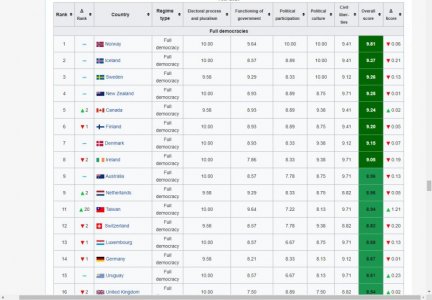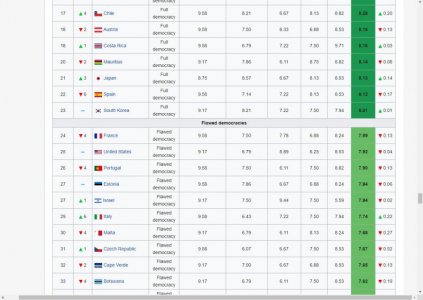Warrigal
SF VIP
- Location
- Sydney, Australia
Social democracy pretty much describes the Australian system. Capitalism thrives here but we have various safety nets to catch people who are not thriving in the economic system for various reasons.I've noticed that when people talk about the merits of socialism they are really praising what might be called Social Democracy, which combines a market economy (capitalism) with strong social programs and a higher level of worker involvement in labor policies. Which is great, it's just a question of how far to take it.
One example is the pharmaceutical benefit scheme (PBS). For many prescription only drugs the government enters into a price agreement with the manufacturers and then subsidises the cost of the drug for the customer. All prescription drugs are then charged to the customer at the same price. The price is lower for pensioners and low income customers such as students. On top of that, for people who need a lot of scripts, the cumulative amount spent is tallied and when it reaches a certain amount all other scripts for the rest of the year are free of charge. Hubby and I are treated as one unit and since our individual expenditures are tallied together, we have already reached the safety net limit, we now have nothing to pay for prescription medications for the rest of this year. No-one has to go without important medications under this system.



